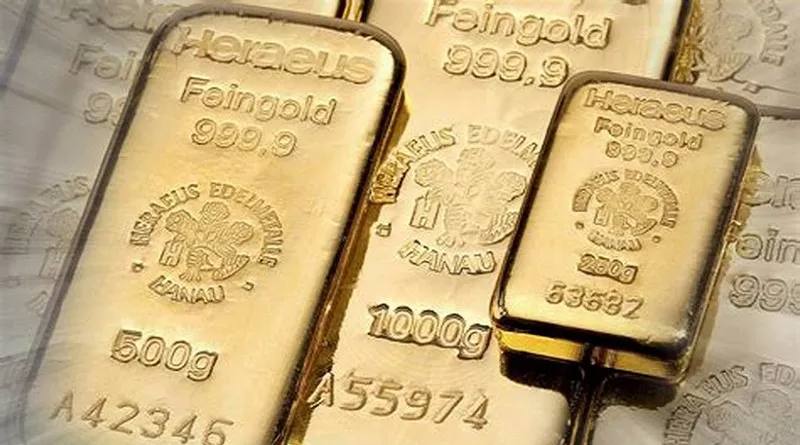Gold (XAU/USD) remained above the $2,500 mark on Tuesday, staying within its recent trading range as investors assess the trajectory of U.S. monetary policy and interest rates, which are crucial for the precious metal’s performance.
Recent mixed employment data from the U.S. has cast doubt on market expectations of the Federal Reserve (Fed) implementing a substantial 0.50% rate cut at its September 18 meeting. This uncertainty has weighed on Gold, which typically benefits from lower interest rates as they enhance its appeal as a non-yielding asset.
Market Reactions to U.S. Jobs Data
Gold experienced volatility following the Nonfarm Payrolls report released on Friday. While the report showed fewer jobs added in August than anticipated, the Unemployment Rate decreased to 4.2% from 4.3%, and wage growth exceeded forecasts. These mixed results suggested a stronger labor market and rising wage inflation, leading to a reduction in market expectations for a significant rate cut by the Fed. The likelihood of a 0.50% rate cut dropped from around 40% to 27% as of Tuesday.
After an initial spike, Gold’s price fell back to approximately $2,500 by the end of the week and then dipped slightly into the $2,490s on Monday. On Tuesday, it edged back above $2,500.
Upcoming Data and Policy Expectations
Investors are now awaiting the U.S. Consumer Price Index (CPI) and Producer Price Index (PPI) data for August, set to be released on Wednesday and Thursday, respectively. These figures will provide further insights into inflation trends and their potential impact on Fed policy. Analysts are divided on the significance of inflation data versus employment figures, with some, including Deutsche Bank’s Head of Macro Research, Jim Reid, suggesting that employment data currently holds more sway over policy expectations.
Reid noted in his “Early Morning Reid” macro note, “Wednesday’s US CPI and Thursday’s PPI will probably help move that debate on, but it seems employment is more important at the moment and Friday’s mixed employment report had arguments for both sides, so the swing factor is probably how the committee views labor markets rather than inflation.”
Geopolitical Tensions and Safe-Haven Demand
Gold’s safe-haven appeal is likely being bolstered by escalating geopolitical risks. In Gaza, Israeli airstrikes on a displaced civilian camp resulted in 33 fatalities in a single day, as reported by Al Jazeera News. The prospect of a ceasefire deal appears increasingly remote, adding to regional instability.
Meanwhile, in Ukraine, Russian forces are advancing on the key logistics hub city of Pokrovsk, despite Ukrainian gains in Russia’s Kursk region. The ongoing geopolitical uncertainties are likely providing additional support for Gold as investors seek refuge in the precious metal amidst heightened global tensions.


